
As fall approaches, the season brings more than just cooler temperatures and beautiful autumn scenery—it also brings unpredictable weather. From windy days to sudden rainstorms, RVers need to be prepared for the possibility of power outages and chilly nights. While traditional campgrounds offer electrical hookups, many RVers prefer the freedom and serenity of boondocking, where hookups aren’t available.
That’s where having a reliable power source for your RV becomes essential. Whether you're looking to keep your heating system running, power your fridge, or charge your devices, the right generator or power station can help you stay comfortable and prepared during your fall adventures. With campground quiet hours and the push for eco-friendly solutions, finding the best power option is more important than ever.
In this blog post, we'll explore the different types of power stations and generators available for RVers, their pros and cons, and how to choose the right one for your specific needs.
We’ll also cover accessories that make using your generator easier and provide tips for maintaining power even during campground quiet hours. Plus, stick around until the end to learn about our exciting new partnership with Jackery, a leader in portable solar power solutions.
Disclaimer: Some of the links on this blog are affiliate links, meaning, at no additional cost to you, we may earn a commission if you click through and make a purchase. We only recommend products or services we believe will add value to our readers. Thank you for supporting our site.
Types of Generators and Power Stations for RVs
1. Solar Generators
As sustainability becomes a growing concern for RVers, solar generators are rapidly gaining popularity. These generators harness energy from the sun, converting it into electricity to power your RV’s essential appliances. With no emissions and virtually silent operation, solar generators are a favorite among those who enjoy boondocking in remote locations where noise and air pollution matter most. Plus, the lack of fuel reliance means you can stay off-grid for extended periods as long as the sun is shining. For example, the Jackery Solar Generator 3000 Pro offers powerful yet quiet energy, making it a top choice for running your RV appliances during those serene boondocking trips
Advantages:
- Solar generators are eco-friendly, producing zero emissions, which makes them a great choice for the environmentally conscious RVer.
- They operate silently, which is perfect for maintaining the peace and quiet of a remote campground or national park.You don’t have to worry about refueling or running out of gas in the middle of your trip; as long as you have sunlight, you have power.
- They're ideal for powering sensitive electronics like laptops, smartphones, and cameras due to their stable energy output.
Disadvantages:
- Solar generators are entirely dependent on sunlight, so their efficiency can be compromised on cloudy days or in heavily shaded areas.
- The initial investment is often higher than other generator types, as solar panels and battery storage systems can be costly upfront.
- While solar generators are great for low-energy appliances, they may struggle with higher-demand systems like air conditioners unless you invest in a larger, more powerful unit.
If you enjoy boondocking or want to minimize your carbon footprint, solar generators are an excellent choice. Pair them with high-efficiency solar panels like the Jackery SolarSaga 100 Prime Solar Panels to maximize your power output during daylight hours. Even on cloudy days, many solar generators have enough battery capacity to power your essential appliances for a few hours, allowing you to stay comfortable while living off-grid.
2. Propane Generators
Propane generators strike a balance between power output and environmental friendliness. Although less popular than gasoline or diesel generators, they offer a quieter, cleaner-burning alternative.
This makes them an excellent option for RVers who frequent campgrounds with quiet hours or who travel in colder climates, as propane is known for performing well in lower temperatures. Whether you need to run your heater or keep your fridge cool, propane generators can reliably power your RV without the strong emissions associated with other fuel types.
The Champion 3400-Watt Dual Fuel RV Ready Portable Inverter Generator is a popular choice for those seeking a propane generator that provides sufficient power with minimal noise
Advantages:
- Propane generators burn cleaner than gasoline or diesel, resulting in fewer emissions and a more environmentally friendly choice.
- They are quieter than traditional generators, which is important when staying in campgrounds that enforce noise limits, especially during early mornings or late evenings.
- Propane stores easily and doesn't degrade over time like gasoline, making it a more reliable fuel source for RVers who travel in colder weather.It is a highly available fuel and can be purchased at many campsites, gas stations, or hardware stores.
Disadvantages:
- While propane generators are quieter, they typically offer less fuel efficiency compared to their diesel and gasoline counterparts, requiring more frequent refueling for the same output.
- Propane has lower energy density than diesel or gasoline, meaning that propane generators often have a lower wattage output, which may be insufficient for RVs with larger power needs.
If you're someone who frequently camps in colder climates or prefers campgrounds with stricter noise regulations, a propane generator might be the best fit for your needs.
Their ease of storage and lower environmental impact make them a reliable power source for moderate energy consumption, but it’s essential to ensure they’re suited to your RV’s power requirements before committing.
3. Inverter Generators
For RVers who need quiet, efficient power, inverter generators are one of the most popular choices on the market. Inverter generators convert AC power into DC and then back to AC, ensuring a stable power output that’s ideal for sensitive electronics.
They are known for their fuel efficiency and quiet operation, making them well-suited for RVers who need to power multiple devices without drawing too much attention in a campground.
The Honda EU2200i 2200-Watt Inverter Generator is widely regarded as one of the best choices due to its powerful output, quiet operation, and compact size
Advantages:
- Inverter generators are incredibly fuel-efficient, meaning they can run for extended periods on less fuel than standard generators, making them cost-effective in the long run.
- They are quieter than traditional generators, making them ideal for RVers who want to maintain a peaceful environment while camping in quiet areas.
- Inverter generators provide clean, stable energy that is safe for sensitive electronics like laptops, phones, and other delicate equipment, reducing the risk of power surges.
Disadvantages:
- Inverter generators typically have a lower wattage output compared to larger generators, meaning they may not be able to power high-demand appliances like air conditioners or large refrigerators without straining.
- While more fuel-efficient, inverter generators can have a higher upfront cost compared to traditional generators, making them a pricier option for those on a budget.
Inverter generators are perfect for RVers who prioritize quiet, stable energy and don’t require massive amounts of power. Their compact size makes them easy to transport, and their efficiency ensures you won’t be constantly refueling during your trips.
For many RVers, the benefits of inverter generators far outweigh their disadvantages, especially when camping in areas that require quieter operation.
4. Diesel Generators
Diesel generators are known for their longevity and power, making them a favorite for those who own larger RVs, especially Class A motorhomes.
Diesel generators typically have a longer lifespan and are more fuel-efficient than their gasoline counterparts, providing consistent power even under heavy loads. However, they tend to be bulkier, louder, and emit more pollutants, which can be a disadvantage for environmentally conscious RVers.
The Generac 6864 XD5000E 5000-Watt Diesel-Powered Portable Generator is a top choice for RVers who need reliable, heavy-duty power for larger rigs
Advantages:
- Diesel generators are highly efficient, meaning they can run for longer periods on less fuel than gasoline models, making them cost-effective for extended travel.
- They are built to handle large power loads, making them ideal for Class A motorhomes or fifth wheels with multiple appliances running simultaneously.
- Diesel generators tend to last longer than gasoline models, often outliving the RVs they’re installed in.
Disadvantages:
- Diesel generators are much noisier and bulkier than other types, which can be an issue when staying in campgrounds with noise restrictions or tight parking spaces.
- They emit more pollutants, which can be a turn-off for RVers who prioritize sustainability and minimizing their carbon footprint.
- Diesel generators may struggle to start in very cold weather unless they are properly maintained.
If you’re traveling in a larger rig and need a powerful generator that can handle multiple appliances, a diesel generator is a reliable option. While they may be louder and bulkier, their efficiency and longevity make them a worthwhile investment for those who need continuous power on the road.
5. Wind Generators
- Though less common, wind generators are another renewable energy source that some RVers utilize, especially those who frequent windy regions.
- These generators harness the power of the wind to generate electricity, and while they require more complex installation, they provide a constant source of renewable power when the conditions are right.
- Wind generators are typically used in conjunction with solar panels or inverter systems to ensure a continuous energy supply.
- The Pikasola Wind Turbine Generator Kit 400W is perfect for RV use.
Advantages:
- Wind generators are a clean, renewable energy source, making them ideal for RVers who are looking to minimize their environmental impact while staying off-grid.
- Once installed, they require very little maintenance, offering a passive source of energy that can help supplement other power systems, such as solar.
- Wind generators can operate day and night, providing power even when the sun isn’t shining, as long as there is sufficient wind.
Disadvantages:
- The installation of wind generators can be complex and requires additional equipment, such as a sturdy mount and inverter system, making them less convenient for the average RVer.
- Their energy output is highly dependent on wind conditions, making them less reliable in areas where wind is inconsistent or minimal.
- Wind generators tend to be more expensive upfront due to their specialized design and installation requirements.
For RVers who spend a lot of time in windy environments or are committed to living as sustainably as possible, wind generators can be a useful addition to their power arsenal. However, they work best when paired with solar or traditional generators to ensure a constant power supply.
Must-Have Accessories for Generator Use
When it comes to maximizing the efficiency and convenience of your generator, investing in the right accessories can make all the difference. Here are a few key accessories that every RVer should consider:
Generator Covers:
- Protecting your generator from the elements is crucial to extending its lifespan, especially if it’s stored outside. Durable covers help prevent rust and weather damage.
Fuel Stabilizers:
-
If you’re using a gasoline or diesel generator, adding a fuel stabilizer to your tank will prevent the fuel from breaking down over time, which can help avoid clogging and other maintenance issues.
Extension Cords and Adapters:
- Make sure you have the right cords and adapters to safely connect your generator to your RV’s electrical system. Investing in high-quality cords ensures a steady and safe power supply.
Noise Mufflers:
- If you’re using a louder generator in a campground with noise restrictions, noise mufflers can help reduce the noise output, allowing you to comply with campground regulations.
By adding these accessories to your setup, you’ll ensure that your generator performs optimally and remains in good condition, allowing you to enjoy stress-free adventures no matter where you go.
Quiet Hours at Campgrounds:
Staying PoweredMany campgrounds enforce quiet hours during the night, which means that traditional gas or diesel generators may not be an option if you want to maintain power during these times.
However, this doesn’t mean you have to go without electricity. The best solution is to pair a traditional generator with a solar generator or a high-capacity battery backup system. Solar generators like the Jackery Solar Generator 2000 Plus allow you to store energy during the day and use it silently at night.
These systems can keep essential appliances like lights, refrigerators, and even CPAP machines running without making any noise, ensuring that you stay comfortable and comply with campground rules.
Additionally, having a dual power setup with a battery bank and an inverter can help you manage power effectively during quiet hours. These systems store electricity while your generator is running during the day and can be used silently once quiet hours begin. It’s an ideal solution for those who rely on power for medical devices or simply want to maintain a comfortable living space without disturbing fellow campers.
Introducing Our Partnership with Jackery
We're thrilled to announce an exciting partnership with Jackery, a leader in portable solar power solutions. Jackery is renowned for its eco-friendly, reliable, and portable power stations that allow RVers to live off-grid while reducing their carbon footprint.
Their products, like the Jackery Solar Generator 3000 Pro and the Jackery Solar Generator 2000 Plus, are designed with RVers in mind, offering robust power solutions without the noise, emissions, or fuel concerns associated with traditional generators.
Jackery’s innovative technology ensures that you can enjoy the freedom of boondocking or camping in remote locations without sacrificing comfort or power. With their easy-to-use solar panels and battery systems, keeping your RV powered has never been easier or more environmentally friendly.
As a special offer, you can explore Jackery’s range of solar generators here. Whether you’re a weekend camper or a full-time RVer, Jackery has a power solution to fit your needs, helping you to experience nature while staying powered up with sustainable energy.
Conclusion
When it comes to choosing the right power solution for your RV, the options are varied, each with its own unique benefits and challenges. From the eco-friendly and silent operation of solar generators to the powerful and long-lasting performance of diesel models, there’s a generator for every kind of RVer.
As fall brings cooler weather and the possibility of power outages, now is the perfect time to invest in a reliable power source that can keep you comfortable and prepared during your travels.
Whether you’re boondocking in the wilderness or staying in a campground with quiet hours, understanding the pros and cons of each type of generator will help you make an informed decision that suits your lifestyle.
Don’t forget to equip your generator with the right accessories to ensure smooth operation and maximize its lifespan.
And for those looking for the ultimate in sustainable power, consider making the switch to solar with Jackery’s line of portable solar generators.
Their products offer a clean, quiet, and reliable way to power your RV, no matter where your adventures take you.
Ready to upgrade your RV power setup? Check out Jackery’s full product lineup here and start planning your next off-grid adventure today!
Coming soon!
RV Essentials Store!!
This is where you'll find all the products you need for your RV to make it a smooth and enjoyable experience every time!
Winterization Checklist
A detailed list to ensure you don't miss a step getting your RV ready for storage this winter!
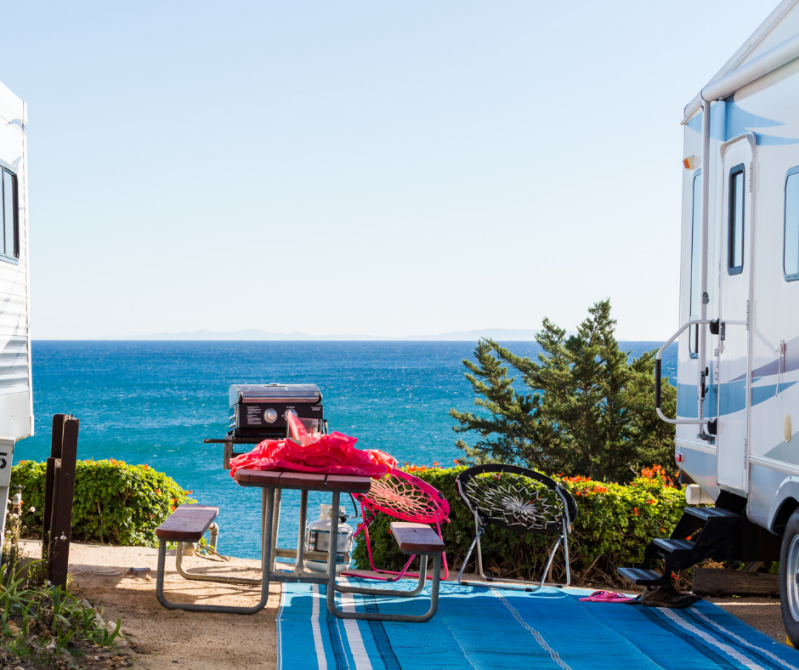





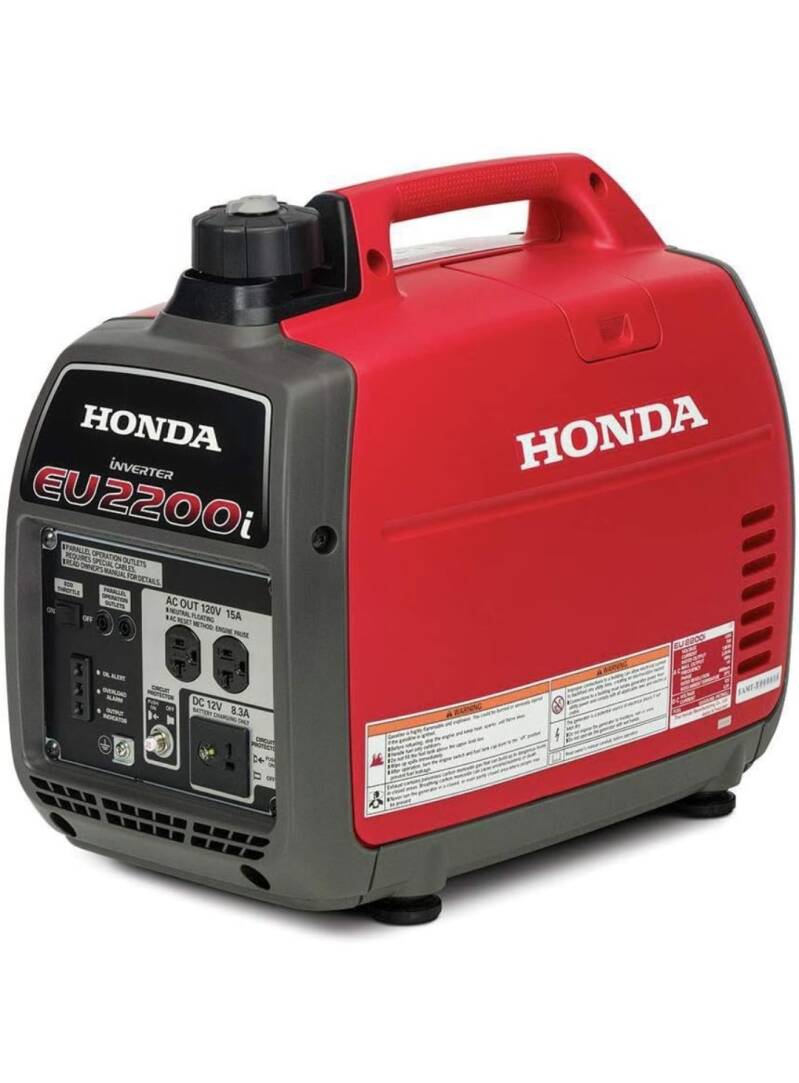
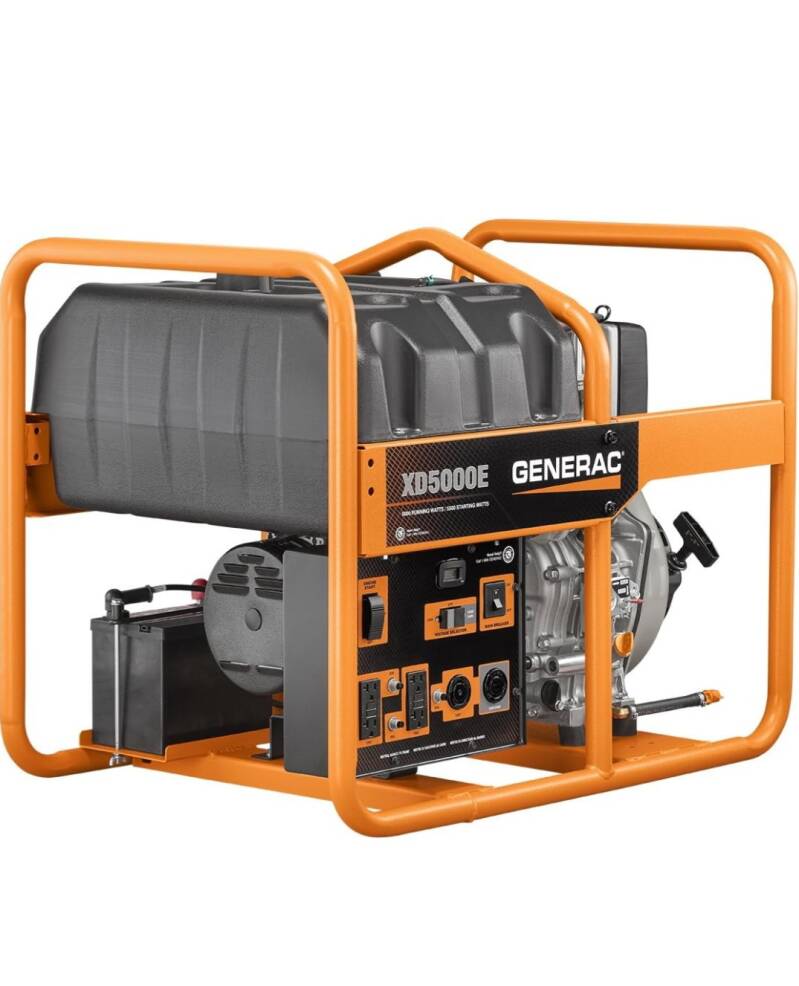
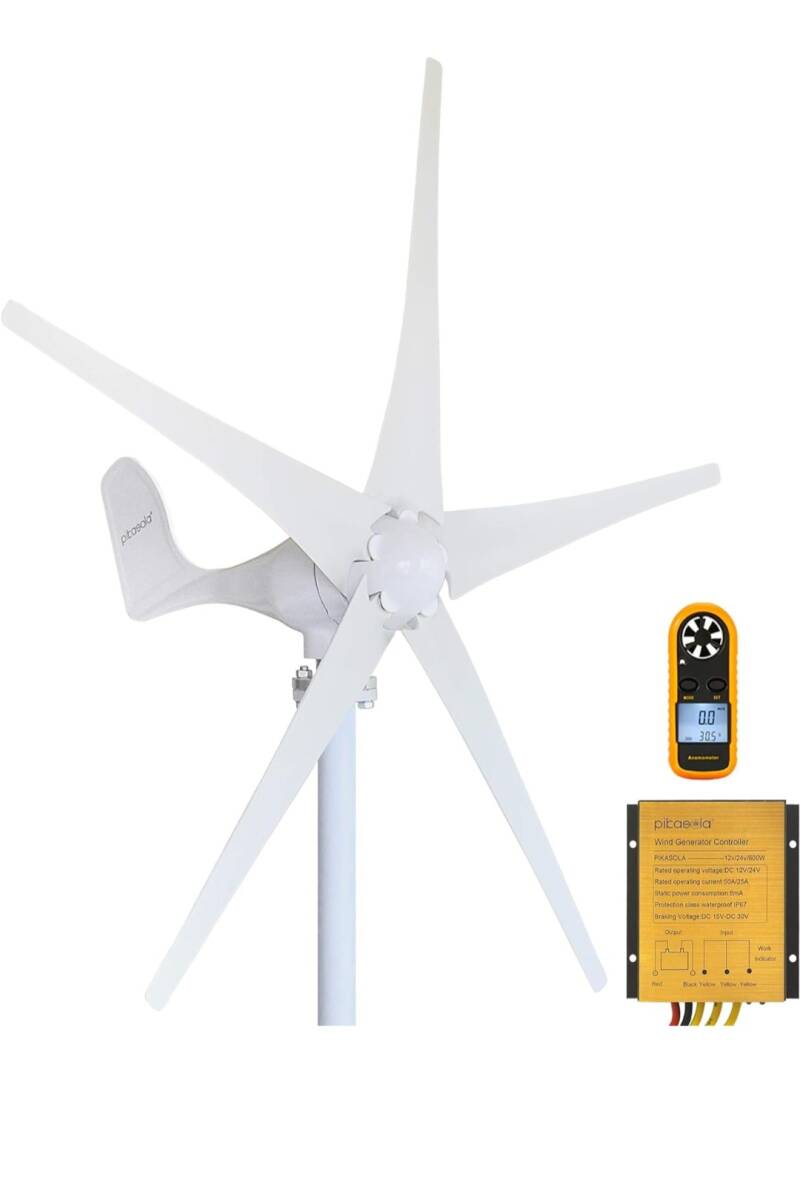
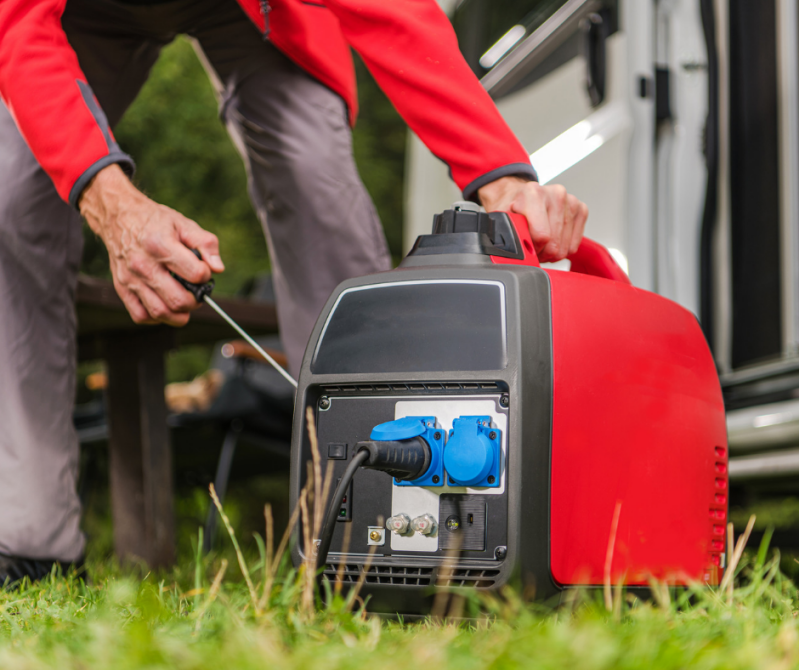
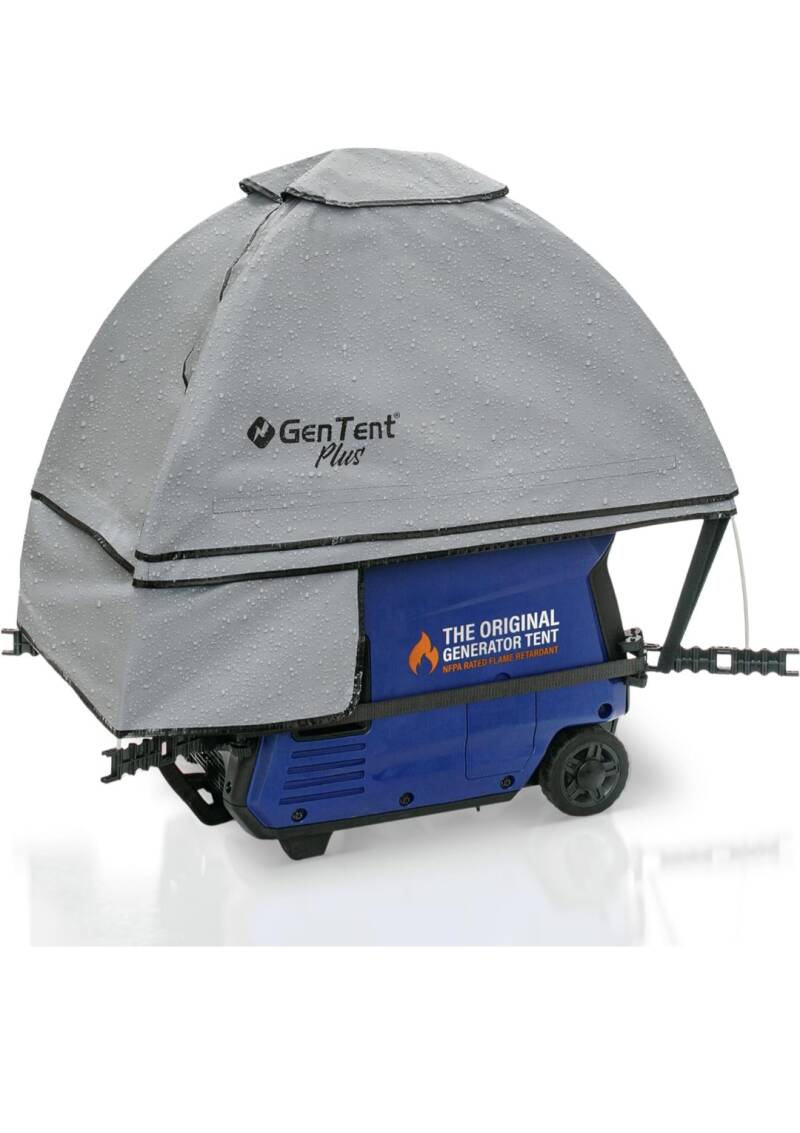
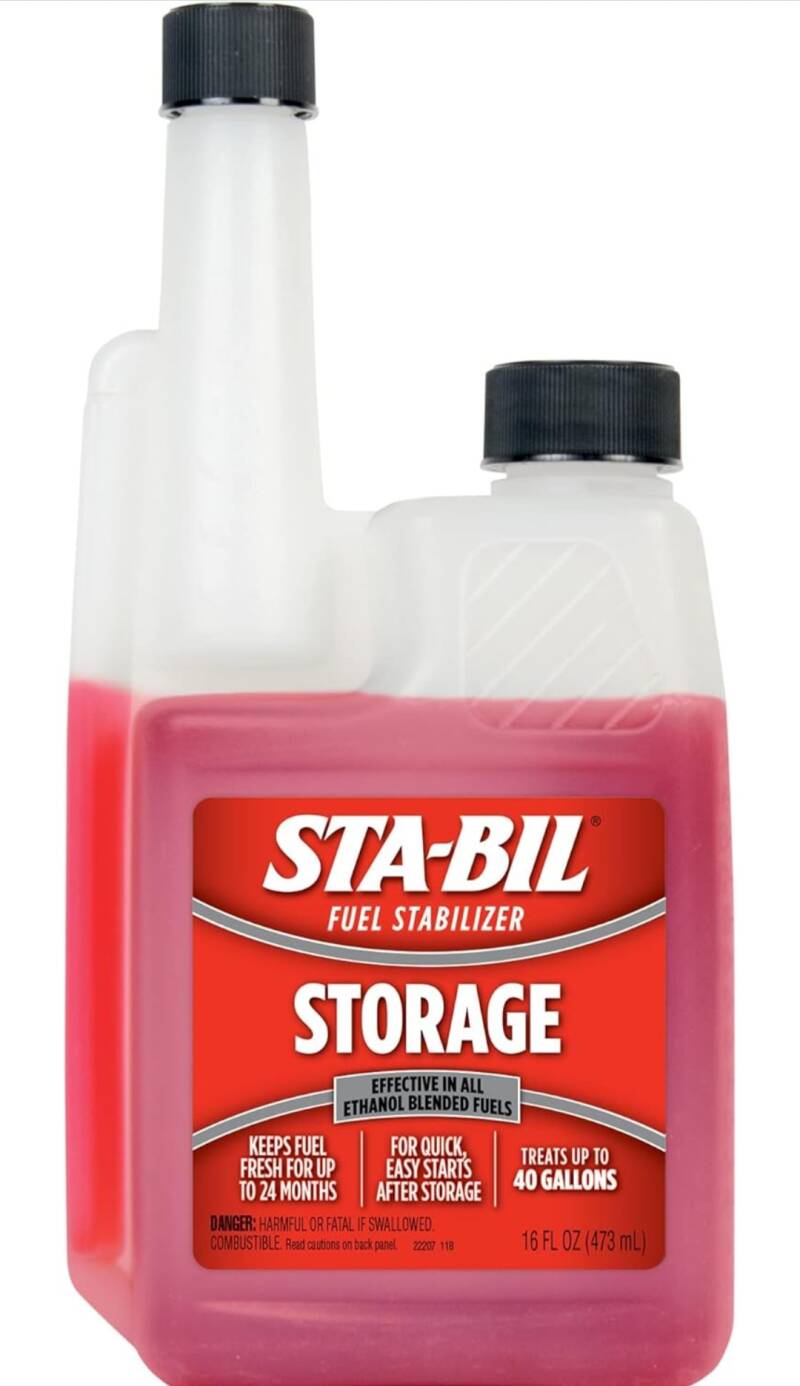
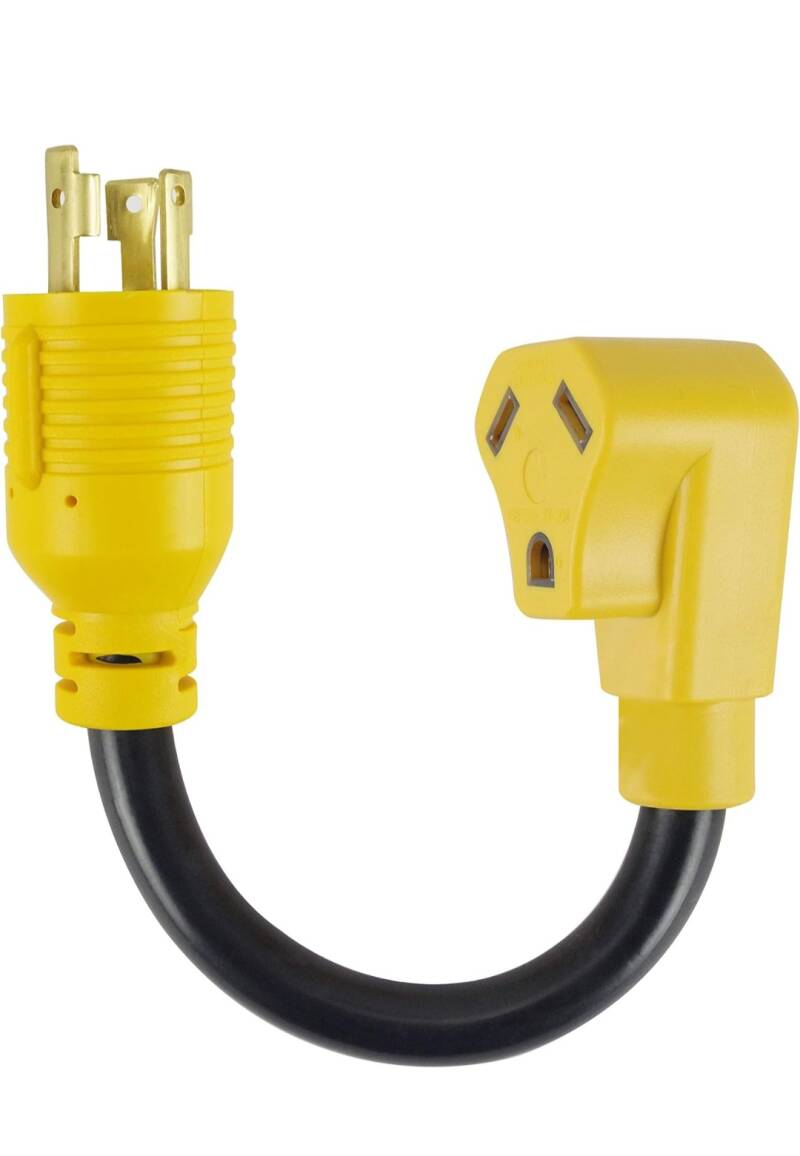

Add comment
Comments